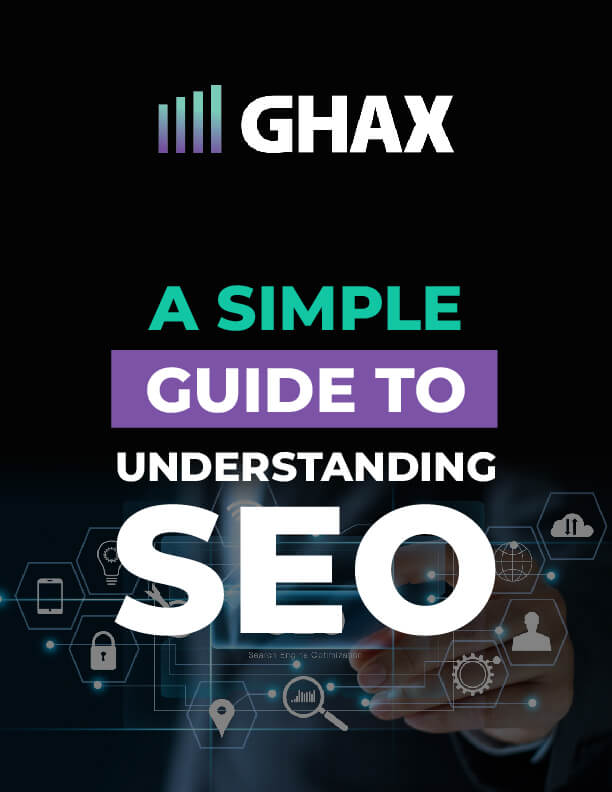If you’re a business owner, the thought of getting a top Google ranking for your website has probably crossed your mind. There are plenty of good reasons why you should have a website if you don’t already. And if you’ve tried ranking your site with no luck, or you’re not even sure where to start, this post will provide you with 8 simple hacks to ensure your site is properly optimized and set up for search ranking success.
1. Make sure your site is mobile-friendly
If your site isn’t mobile-friendly, you’ll want to make sure you address this as soon as possible. Google is making a strong push for mobile and if you don’t have a mobile site (either responsive or dedicated mobile version), it may affect your rankings. Check out 9 Things You Need to Know About Google’s Mobile Friendly Update.
2. Submit a sitemap to Google Webmaster Console
Depending on the platform your website is built on, a sitemap is either automatically generated for you or you’ll have to generate one yourself (which you can do using the XML Sitemap Generator). Either way, once you have a sitemap for your website, be sure to add your sitemap url to your Google Webmaster Console.
3. Don’t mistakenly block Google’s access to your site
Small business sites typically make use of a CMS platform for their website (such as Wix, WordPress, or Squarespace). These platforms will allow you to discourage Google from indexing your site. You’d be surprised how often I find that people who set up their own websites make this mistake. Don’t be one of them.
4. Use descriptive URLs
The internal pages of your website should use descriptive keywords and should always be static. Good url structure looks like ‘yoursite.com/page-keyword’ (or a real example: ghax.io/custom) and NOT ‘yoursite.com/page?=145‘. See the difference?
It’s also good practice to keep your descriptive URLs short and concise.
5. Content really is king
There have been numerous studies such as this one that suggest in-depth content will outperform shorter, mediocre content. Web pages that rank high (in the top 10 results) for any keyword typically have at least 2,000 words, and the higher you go up in the search results, the more content each web page has.
6. Make use of title tags
Title tags allow you to provide short, unique descriptions for each page on your website. Essentially, these title tags tell search engines what the page is all about. For example, if you’re a kitchen remodeling contractor in Rochester, NY, your ‘services’ page title tag could read: Kitchen Remodeling Services in Rochester, NY.
7. Set up a blog
Regularly adding content to your business website is a great way to boost rankings and attract traffic. Be careful not to post just any random updates – those that may be better off as Facebook updates. A blog post should provide value to current and potential customers and should relate to your business niche. If you need help coming up with ideas on what you write, you can use something like Answer the Public – a service that displays what people are searching based on a keyword.
When you’re done setting your blog it’s time to start sharing the content and after that to start collecting backlinks for your website. With backlinks you have to be very precise about what you do. They should be natural, so it won’t hurt your online rankings. Building backlinks can quickly become a minefield of mistakes and mishaps for the uninformed SEOs. Check out this step-by-step process on how to build backlinks the right way in 2018.
8. Link internally to other relevant posts & pages
Internal links are most useful for establishing site architecture and spreading “link juice.” Ultimately, internal links refer your site visitors and search engines to related content, products, and services.
For example, I can direct you to our SEO services page and that counts as an internal link. It’s good to scatter these throughout your content. Just be sure that they are relevant to what you’re talking about.




